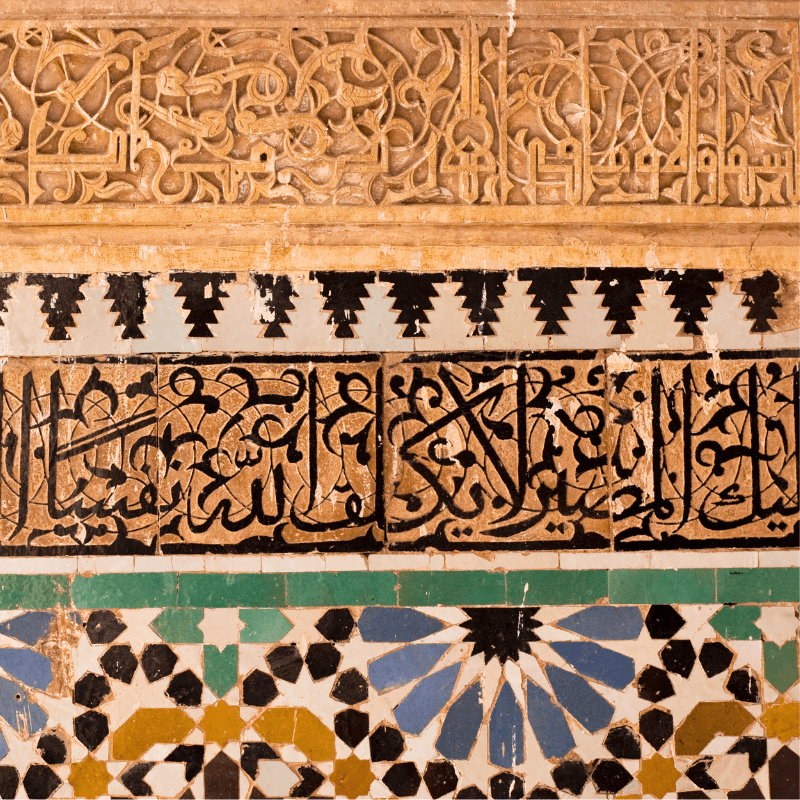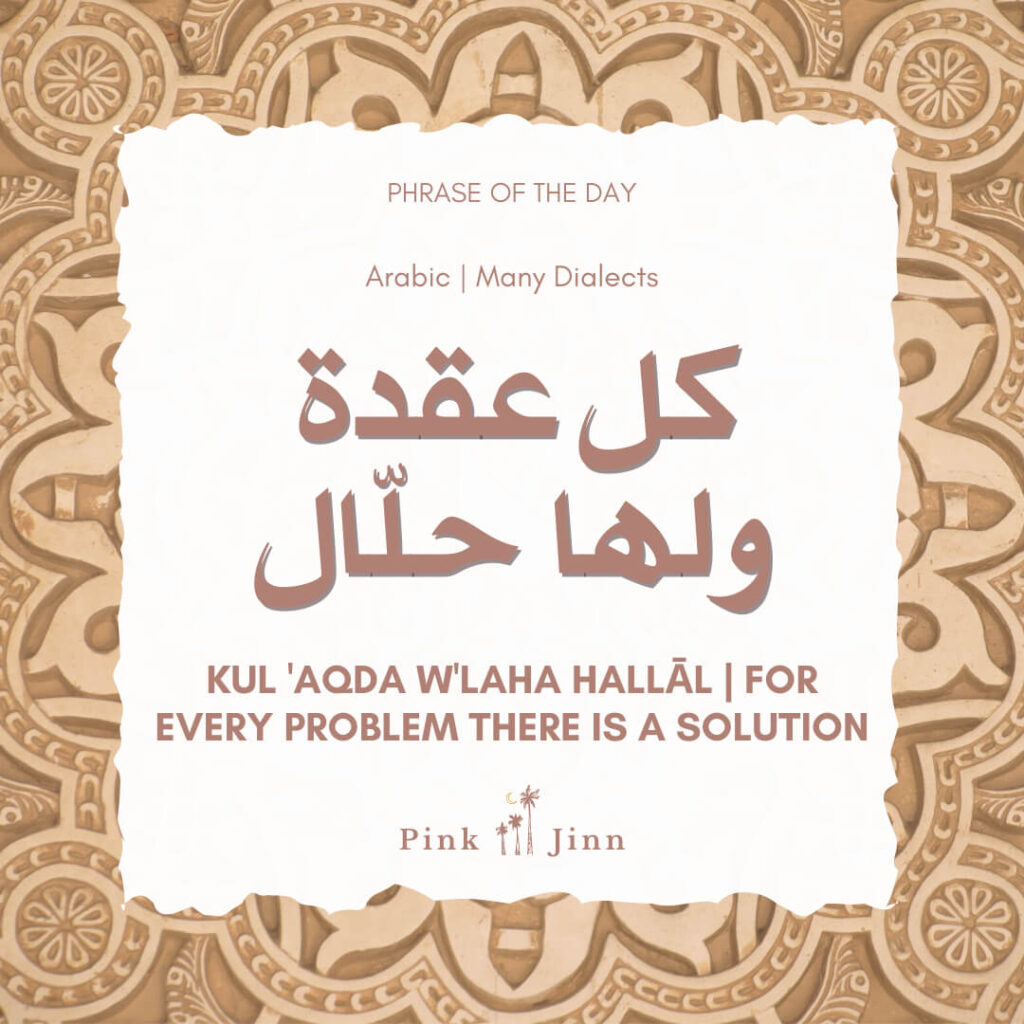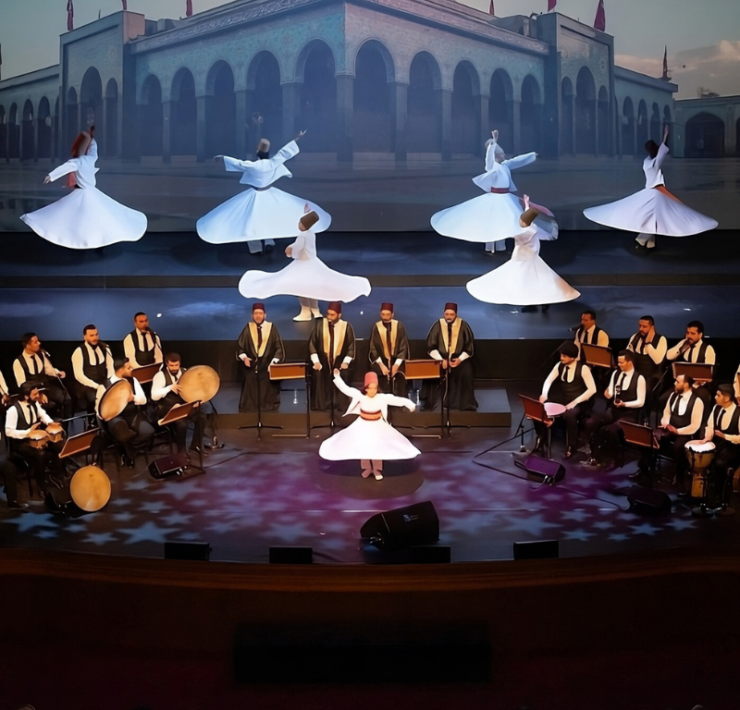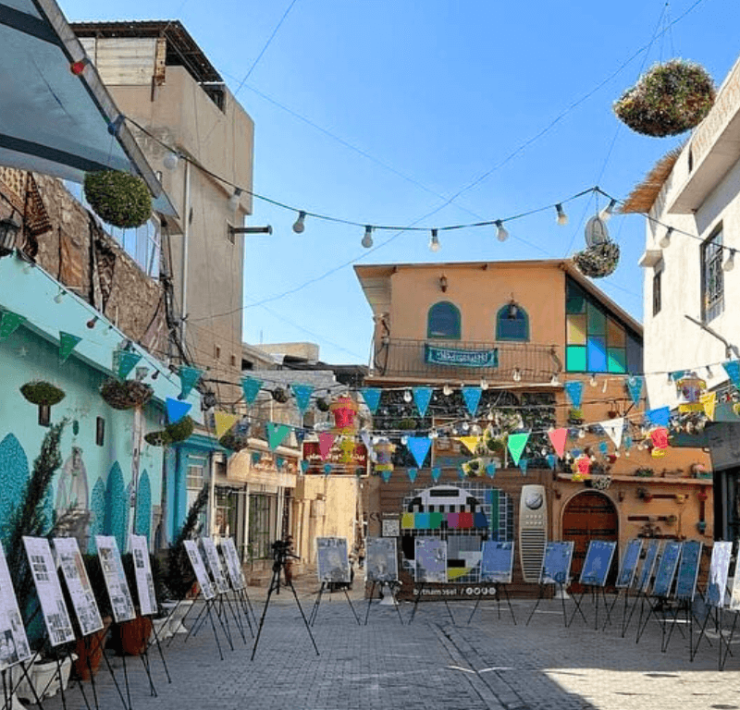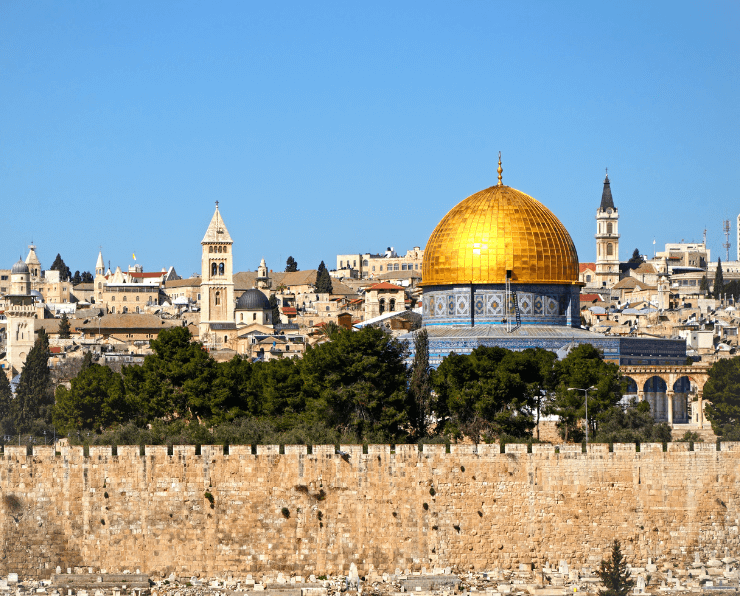Anyone else still get those back-to-school vibes every autumn even if they haven’t been a student in forever? Or maybe you’re getting ready for the new academic year and feverishly deciding which subjects to choose. Whether you’re about to start a new year of school or university or looking for a challenging new hobby to try, we think taking up a new language is always a good decision, especially if that language is Arabic! Read on for our top eight reasons to study Arabic:
1. It’s useful! Arabic is the fifth most widely spoken language in the world.
With 421 million Arabic speakers and 26 official Arabic speaking countries worldwide, Arabic is one of the most useful languages you can learn. From Morocco to Iraq, you’ll find Arabic speakers across a huge swathe of the world. And did you know that there are almost a million Arabic speakers in Argentina?
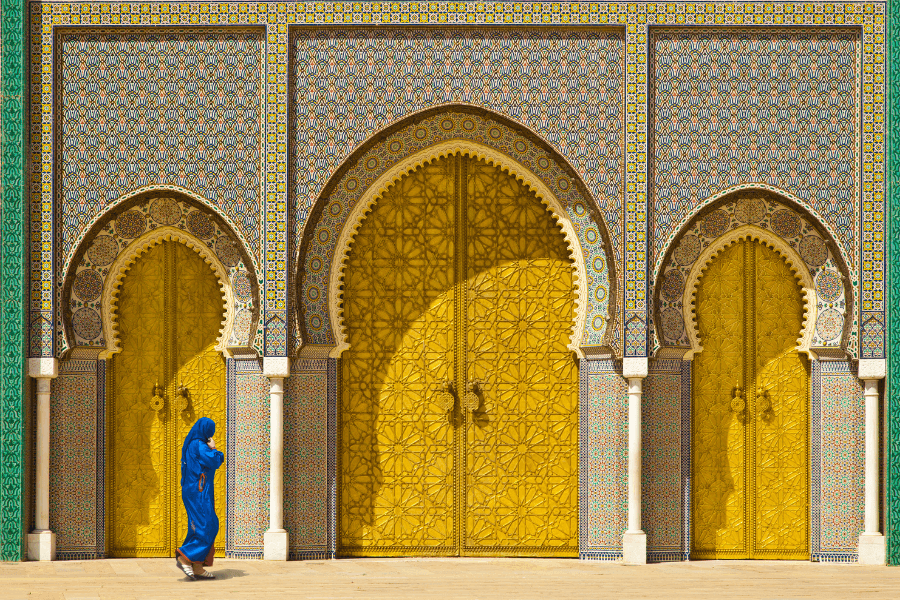
2. It will open up a whole new world!
Learning Arabic doesn’t just open up linguistic possibilities, it also unlocks an enormous wealth of new places, tastes, sounds and experiences.
Speaking even a little bit of Arabic will let you into a whole new world of fabulous food, captivating literature and poetry, incredible music, and serve as your doorway to millennia of cultural heritage and of course that famed Middle Eastern hospitality!

3. To boost your career – Arabic is one of the most sought after languages for employers.
Research shows that learning languages will increase your employability. Arabic is one of the most ‘in demand’ languages you can learn, particularly in the West. This is largely because of the number of native Arabic speakers worldwide – compared with the relatively small number of Westerners who can speak it well.
Anyone who follows the news will also be aware that Arabic is extremely topical at the moment. While Arabic is useful across a vast array of industries, it is particularly helpful if you’re looking for jobs in politics or in the security, energy and NGO sectors.
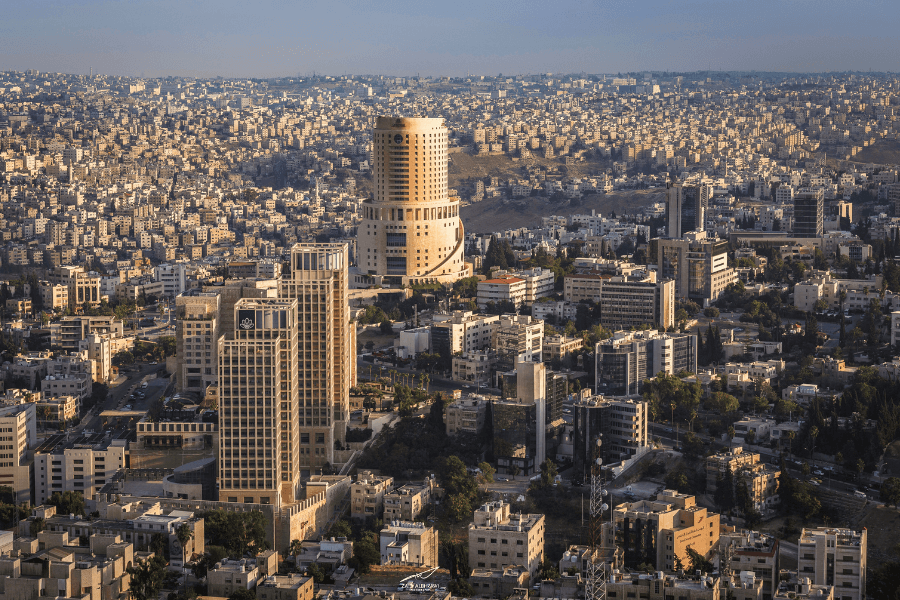
4. Learning a language is great for your brain.
The benefits of taking up a new language go beyond boosting your CV and impressing new friends when you travel – it can also boost your brain health! Neuroscientists have used MRI scans to prove that multilingual people have denser gray matter than their monolingual peers. But don’t worry, you don’t have to be fluent in another language to reap the benefits – even absolute beginners get a significant brain boost in just a few months of study.
Studying a language can also improve your concentration across the board, boost your levels of empathy and even increase your creativity. In fact, studying a language is such a good brain workout that it can even delay the onset of dementia!
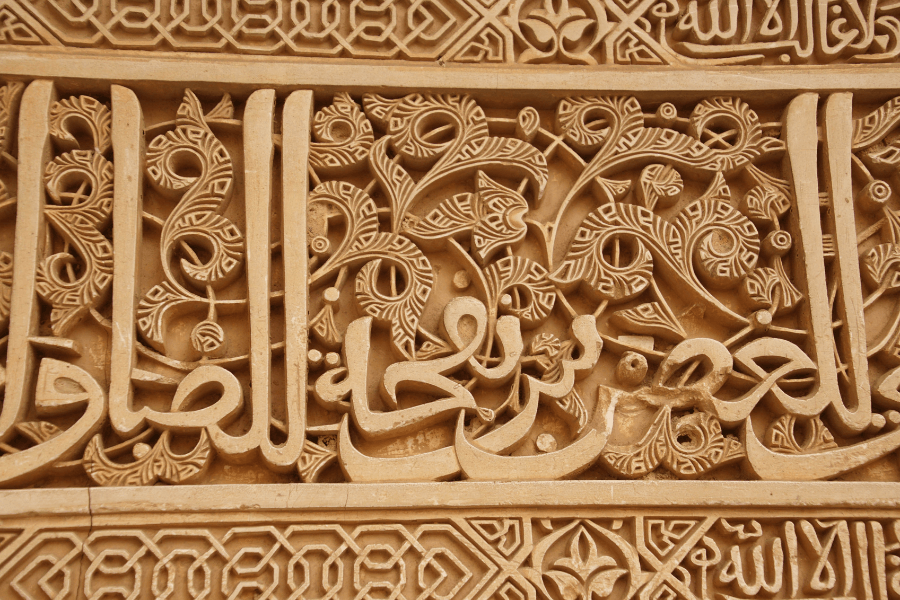
5. For incredible travel experiences!
The Middle East and North Africa are home to some of the world’s most fascinating, bustling cities, beautiful and dramatic scenery and stunningly well-preserved monuments from the ancient world. In fact, there are over 80 UNESCO World Heritage Sites in the Arab world, ranging from the famous city of Petra in Jordan to the Yemeni island of Socotra, which is home to a number of endemic species found nowhere else on earth.
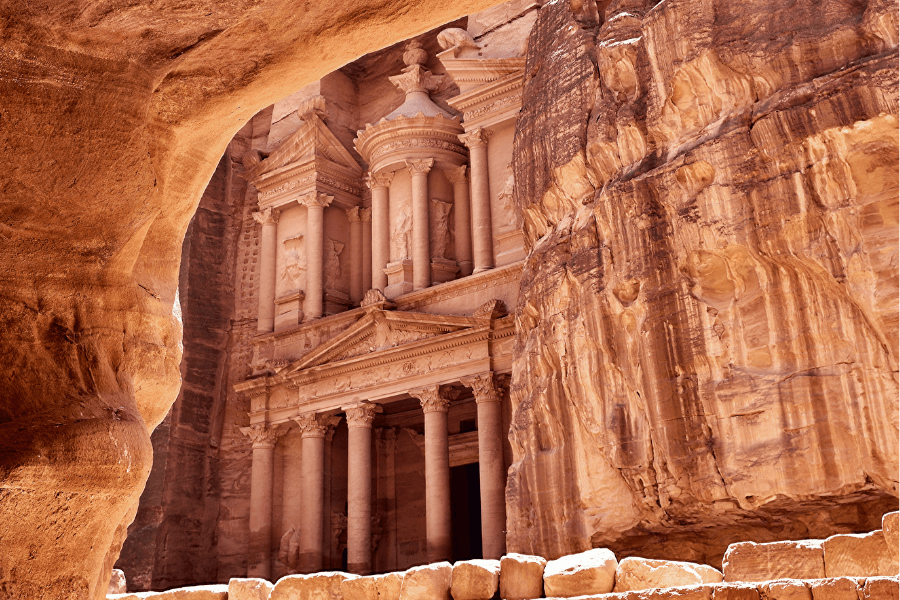
Learning Arabic is your ticket to easy travel to some of the most wonderful destinations on the planet – you could find yourself in a secluded paradise in the Atlas mountains of Morocco or experiencing the wonders of Salalah on the coast of Oman.

6. There’s never been a better time to start learning Arabic.
It’s getting easier and easier to find resources for learning Arabic online. The days of struggling to find engaging resources for Modern Standard Arabic and the dialects are fading thanks to the wonders of the internet. Content from across the Middle East and North Africa is accessible to Arabic students more easily than ever before, and thousands of new pieces of content are being created in every dialect you can think of each and every day. For help tracking down the cream of the crop, make sure you’re signed up to our dedicated Facebook group for Arabic learners and don’t forget to follow Pink Jinn Arabic on Instagram!
7. It’s a challenge! Once you’ve learned Arabic, you can do anything…
It’s no secret that Arabic is one of the more difficult languages to learn, which is why there are relatively few Westerners to have truly mastered the language compared with other European languages like French and Spanish. This is largely because the alphabet and grammar are very different to those of English and European languages, but also because of the various different dialects spoken across the Arab world.
If you’re looking for a challenge, Arabic certainly is one. However, once you’ve learned the Arabic alphabet, you will also be able to learn languages including Persian, Kurdish, Urdu and Pashto. Arabic is also very similar to Swahili; though Swahili uses the Latin alphabet, a huge number of Swahili words are derived from Arabic.
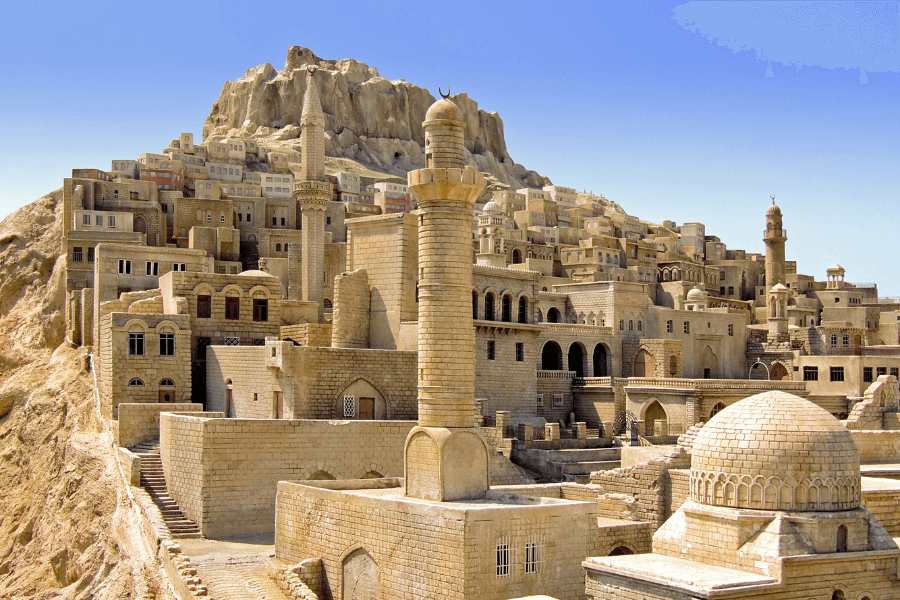
8. To change the world! If more people learned Arabic and tried to understand the Middle East, the world would be a better place.
We are living in an era of political uncertainty, fear-mongering, isolationism and fake news. Never has cross-cultural interaction and understanding been more important. You may have found yourself watching the news in the last couple of years, wondering what on earth is going on with the world and feeling like there’s nothing you can do about it.
“Education is the most powerful weapon which you can use to change the world.”
Nelson Mandela
The best chance we have at addressing the complex challenges of the 21st century – like civil conflict, terrorism, globalisation and climate change – is to arm ourselves with as much knowledge and understanding of the world as we possibly can. Every single person can contribute to this by learning about other people and cultures that are different to their own, and the best way to start? Learning a language!
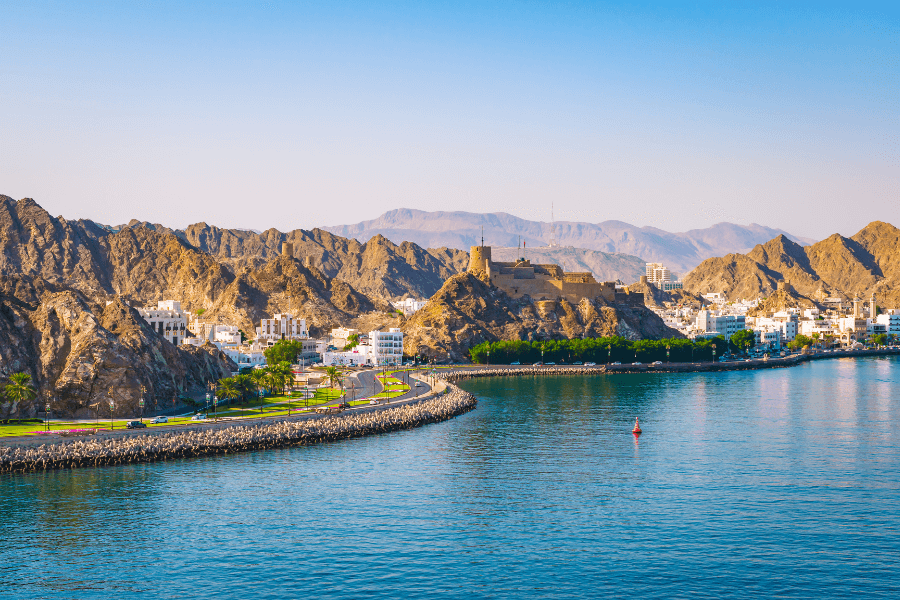
The Middle East is one of the most misunderstood and misrepresented regions in the world, largely because of the incomplete, and often stereotypical narratives of the region many of us in the West see in the media. Learning Arabic will help you better understand what’s going on in the region, allowing you to talk to local people and read first-hand accounts in the Arabic news and on social media.
If you enjoyed this article, you might also like:
Which Arabic Dialect Should I Learn? Spotlight on Modern Standard Arabic
10 Ways to Boost Your Arabic in 2022
12 Essential YouTube Channels To Watch If You’re Learning Arabic

